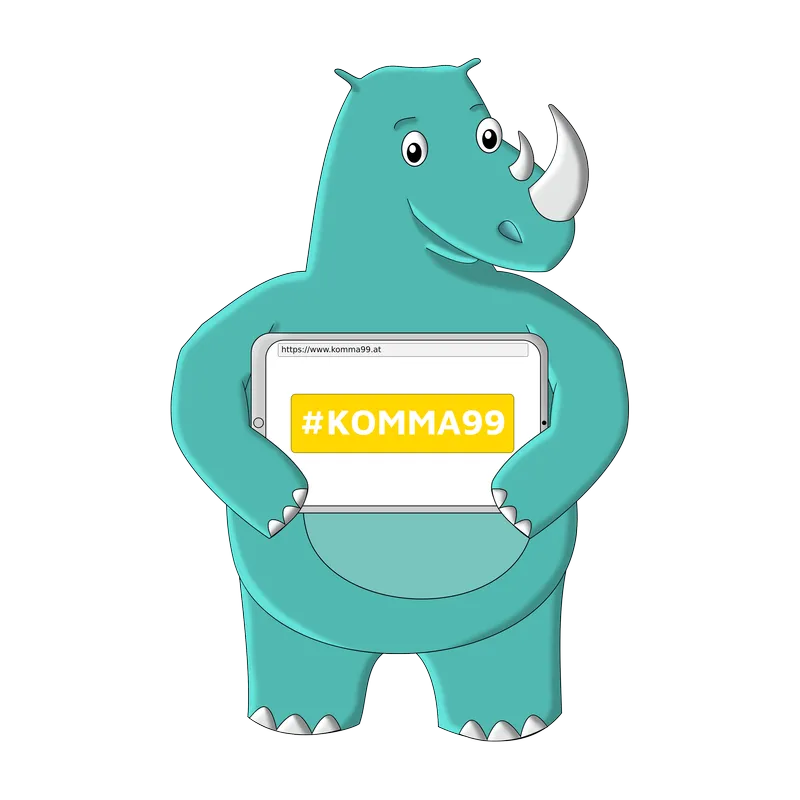What is a conversion and how is it defined?
A conversion in online marketing is an action that a user takes as a result of a marketing strategy. In its origins, conversion means the change from a visitor to a buyer.
Meanwhile, a conversion in online marketing can mean something different for every company:
- Download of an offer
- Register or create an account
- Newsletter - Login /Registration
- Click on the phone number or email address
- Click on the ad
- Click on the link
- Share or like content
- Active purchase of a service/product
Such a successful action can be measured with the help of Google Ads and Google Analytics. This requires the creation of a corresponding account.
Conversion Tracking - Google Ads - Google Analytics
With the help of Google Ads (formerly Google Adwords), conversions can be defined and the success of an SEA campaign can be measured. The conversion goals can differ. In the area of e-commerce, the page views of the order completions or the thank you page are often included.
Various tools are used for the analysis and, in a broader sense, also for the optimization of marketing strategies or measures. Google Analytics provides a lot of usable data and information for this purpose. The behavior and number of users (visitors to the website) can be displayed or - if target projects are created and set up - conversions can also be measured. This tool also provides information about which channel was used to contact the website (organic search, social media, referrals, direct).
In marketing, the analysis of the data is not only on the conversion itself, but usually the focus on the whole funnel.The conversion funnel describes the individual elements of a conversion - The term comes from e-commerce. Especially in the field of SEO (Search Engine Optimization) is, for example, the key figure, the division of channels very interesting, because SEO measures mainly refers to the channel of organic search (search engines).
The conversion rate is also a key figure with which one can better compare the websites. The conversion rate is a measurement that is expressed as a percentage and explains the ratio of visitors to the website and the number of actions performed.
| Calculation: [Conversion Rate = (Number of actions performed * 100) / (Number of visitors)
Example: Let's say a website has 1,000 visitors and 20 signups for the newsletter and 20 account-a-month, thus the conversion rate is calculated at 4 %. The average of a conversion rate is 3-4%. |
For example, in online marketing, data from one website can be better compared to another, regardless of the online performance already created.
What are conversions for?
Conversions are used to create a better basis for comparison. Depending on the company, different target projects can be set. These could then be compared from month to month or year to year to perceive an increase. Thus, the success or failure of websites or also marketing strategy can be recognized better and faster and optimization of the measures can be implemented. For example, the increase of newsletter registrations or the increase of registrations of new customers can be achieved.
How are conversions influenced?
In order to achieve conversions, you need to induce the site visitor to take this action through online marketing strategies, this can happen for example through the following factors:
- The right offer
Here must be the appropriate incentive for the user or the need of the user is covered. - The appropriate target audience
The user should belong to the intended target audience, otherwise the interest will not be given. - The usability
The easy and understandable handling of the website must be given as well as the appealing structure. The user signals can be considered in detail and strategic measures for optimization can be set.
The web design and the content also contribute significantly, of course.
Difference between a lead and a conversion
The terms lead and conversion are often used as synonyms in online marketing, as both describe the process or conversion of pure interest in the product to a customer. However, the term "lead" can be one step ahead of conversion - but not the other way around. A "lead" is limited to making contact, which turns the visitor into a potential customer - a conversion turns a website visitor into a customer. Furthermore, unlike a lead, a conversion is not limited to making contact - as explained above.







